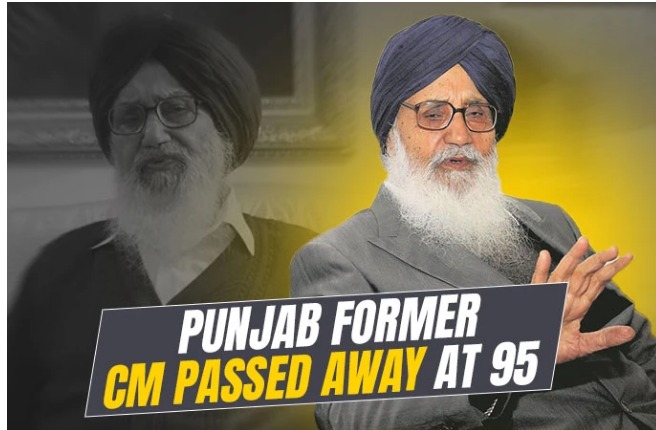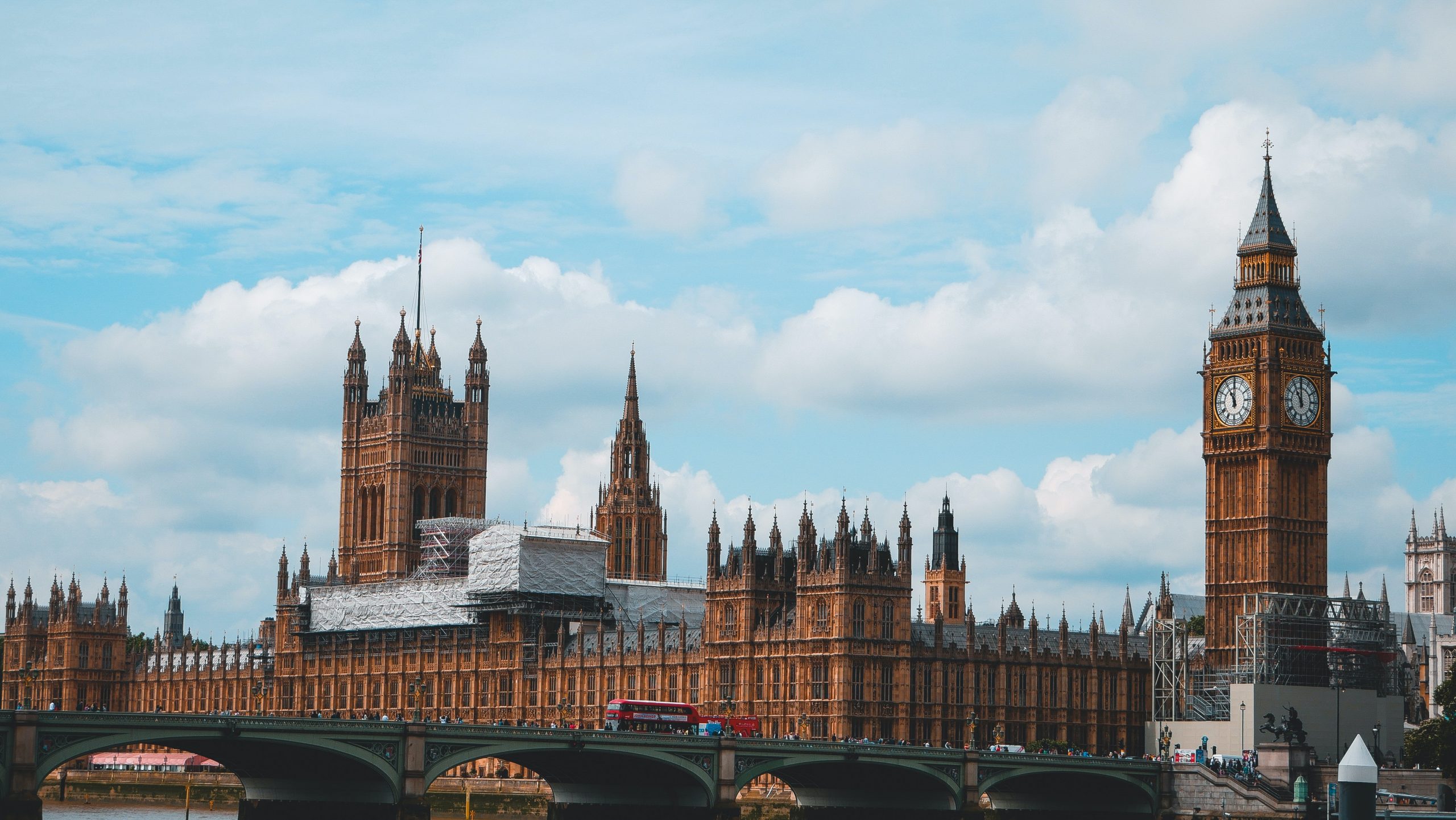Prakash Singh Badal was an Indian politician who served as the Chief Minister of Punjab for five
terms, from 1970 to 1971, 1977 to 1980, 1997 to 2002, 2007 to 2017, and 2017 to 2022. He was the
founder of the Shiromani Akali Dal (SAD) political party and was the party’s president from 1966 to
2022.
Badal was born in 1927 in the village of Badal in the state of Punjab. He was educated at the
Government College in Ludhiana and the Law College in Amritsar. He joined the Indian National
Congress (INC) in 1947 and served as a member of the Punjab Legislative Assembly from 1957 to 1966.
He was the leader of the opposition in the Punjab Legislative Assembly from 1962 to 1966.
In 1966, Badal founded the SAD. He led the SAD to victory in the 1967 Punjab Legislative Assembly
election and became the Chief Minister of Punjab. He served as the Chief Minister of Punjab for
three consecutive terms from 1967 to 1971.
In 1971, Badal resigned as the Chief Minister of Punjab after the INC won the 1971 Punjab Legislative
Assembly election. He returned to power in 1977 after the SAD won the 1977 Punjab Legislative
Assembly election. He served as the Chief Minister of Punjab for three consecutive terms from 1977
to 1980.
In 1980, Badal was defeated in the 1980 Punjab Legislative Assembly election by the INC. He
returned to power in 1997 after the SAD won the 1997 Punjab Legislative Assembly election. He
served as the Chief Minister of Punjab for five consecutive terms from 1997 to 2002 and from 2007
to 2017.
Badal was a controversial figure. He was accused of corruption and nepotism. He was also accused
of supporting terrorism in Punjab. However, he was also a popular figure among the Sikh
community. He was known for his simple lifestyle and his commitment to Sikhism.
Badal died on 20 May 2022 at the age of 95. He was survived by his wife, Surinder Kaur, and four
children.
Prakash Singh Badal was a controversial figure, but he was also a popular one. He was known for his
simple lifestyle and his commitment to Sikhism. Most Sikhs regard him as a strong leader who fought
for the rights of the Sikh community. He was also instrumental in the development of the state of
Punjab.
Some Sikhs, however, criticize Badal for his alleged corruption and nepotism. They also accuse him
of supporting terrorism in Punjab. However, these accusations have never been proven in court.
Prakash Singh Badal was the Chief Minister of Punjab at the time of the 1984 Harmandir Sahib
(Golden Temple) Attack. He was accused of supporting the militants who were holed up in the
temple complex. He was also accused of not doing enough to stop the violence that erupted after
the Indian Army stormed the temple.
Some Sikhs believe that Badal was a victim of circumstance and that he did the best he could in a
difficult situation. They point out that he was not in power when the militants first took over the
temple and that he was not in a position to stop them. They also argue that he was able to bring
peace to Punjab after the crisis ended.
Other Sikhs believe that Badal was complicit in the crisis and that he bears some responsibility for
the violence that occurred. They point to his close ties to some of the militant leaders and his failure
to take action. They also argue that he did not do enough to protect the innocent people who were
caught up in the violence.
The views of Sikhs on Prakash Singh Badal and his role in the 1984 Harmandir Sahib (Golden Temple)
Attack are divided. Some Sikhs believe that he was a victim of circumstance, while others believe
that he bears some responsibility for the violence that occurred.
Overall, Prakash Singh Badal is a complex figure who is both admired and criticized by Sikhs. He is a
significant figure in Sikh history, and his legacy will continue to be debated for years to come.
One of Badal’s greatest achievements was the development of the state of Punjab. He oversaw the
construction of new roads, bridges, and hospitals. He also helped to improve the state’s economy by
attracting new businesses and investments.
Badal was also a strong advocate for the Sikh community. He fought for the rights of Sikhs to
practice their religion freely. He also helped to improve the lives of Sikhs by providing them with
better education and healthcare.
Badal was a complex figure, but he was a successful politician who made significant contributions to
the state of Punjab and the Sikh community.
One of Badal’s biggest failings, as viewed by some Sikhs, was his handling of the 1980s Sikh
insurgency. Badal was the Chief Minister of Punjab during this time, and he is accused of failing to
take action to stop the violence. He is also accused of supporting some of the militant groups that
were involved in the insurgency.
Badal’s supporters argue that he was a victim of circumstance, and that he did the best he could in a
difficult situation. They also point out that he was able to bring peace to Punjab after the insurgency
ended.
Ultimately, Badal’s legacy is a complex one. He was a strong leader who made significant
contributions to the state of Punjab and the Sikh community. However, he was also a controversial
figure who was accused of corruption and nepotism. His handling of the 1980s Sikh insurgency is
also a major black mark on his record.


